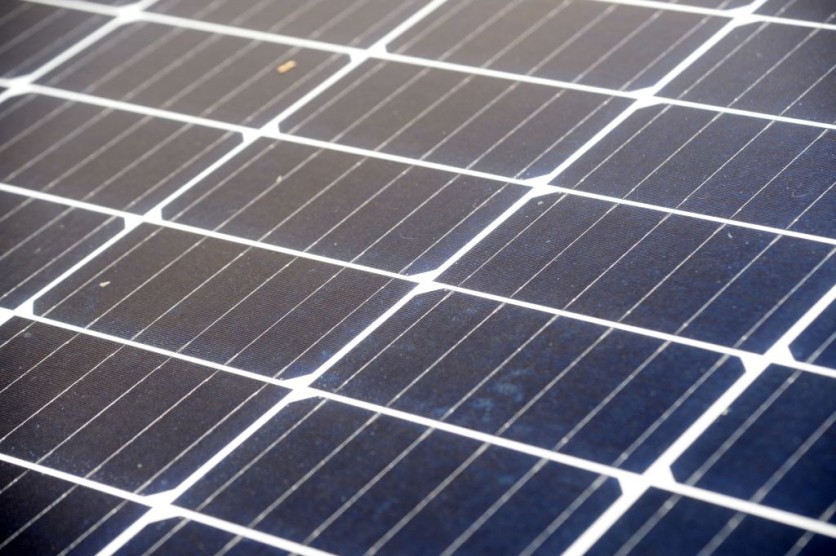Solar panels may get a boost with the discovery of teeny lenses that will allow them to capture more light from any angle on sunny and overcast days.

As we are all aware, solar panels work best when it's exposed to direct sunlight. This is the reason solar systems would track the sun across the sky to get the most light. However, this task alone is pricey, and the moving parts used for this have the potential to break.
A solution is in the works as Stanford researchers came up with an alternative, the Axially Graded Index Lens (AGILE), that can boost the efficiency of static solar panels.
The AGILE prototypes have been a success so far. They were exposed to concentrated light in a 3x smaller area and showed the ability to retain 90 percent of their power. It also showed that the prototypes also performed well when the light was more slanted.
With the pyramidal design of the lenses, they also looked so much better that was showed in a render video.
The researchers were clear that AGILE did not come from nature, unlike most ideas that come with creative ideas inspired by nature. However, they also noted that there are features that can be found in the retina of fish and compound eyes in insects.
Commercializing AGILE isn't in the works yet, but the prototypes were designed with the solar industry in mind. They also used readily available materials, which means that should they decide to make it available to the public, it will be a lot easier to produce them.
Also Read: Solar Panels Can Allow Underwater Wireless Communications! Massive Cables No Longer Needed?
The Rise of Solar Panels
The solar panel industry might be in for a boost as more and more countries are looking for ways to lower their carbon footprint. Although AGILE is still in its early stages, it does add to the surge in solar panel production.
Investments in solar energy is on the rise. As these investments continue to rise, there is also an increase in solar panel production.
The U.S. market has also pushed for solar growth, with the solar industry expected to generate thousands of jobs this year. This is further forecasted to rise as energy demand is expected to increase in the coming years.
Even if AGILE and other solar innovations can help boost efficiency in solar panels, there is still a need to create more demand for solar energy. In an ideal world, solar energy would be able to compete without the need of subsidies and incentives.
This is the same reason solar panels are cheaper than they are now. However, as the solar industry continues to grow, it wouldn't be surprising if there is a lot of demand for this technology.
This also means that solar energy may be able to compete with other energy sources. Just like in areas where solar was able to compete with coal, natural gas, and nuclear power plants.
As these developments are still in their early stages, we should find out in the coming years if the solar panel industry is set to thrive.
Related Article: Next-Gen Solar Panels Could Offer Cooler Operating Temps: Expect Higher Efficiencies, Reduced Degradation
This article is owned by TechTimes
Written by April Fowell
ⓒ 2025 TECHTIMES.com All rights reserved. Do not reproduce without permission.




